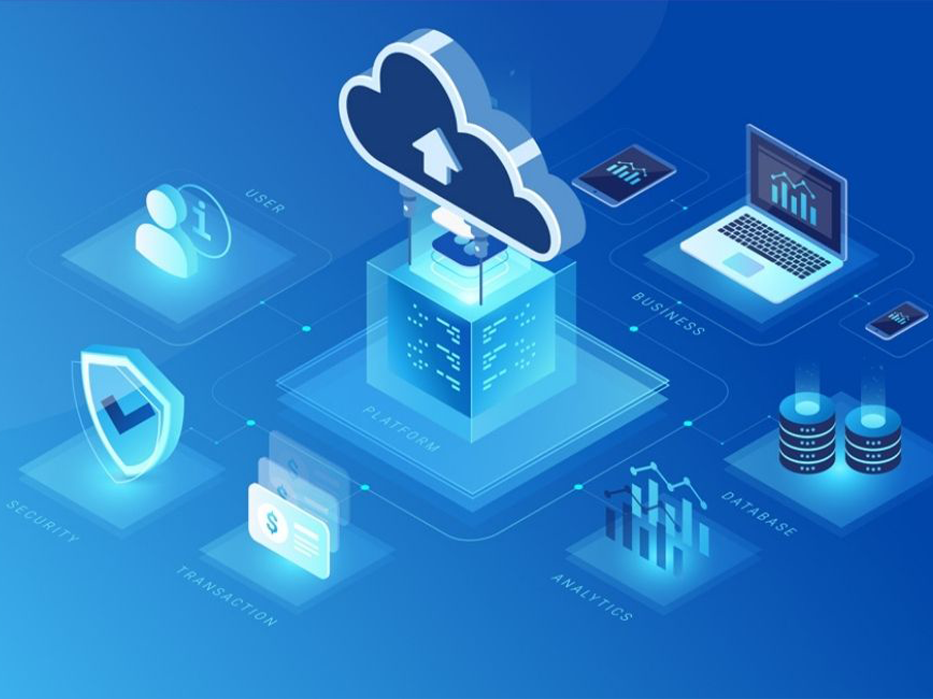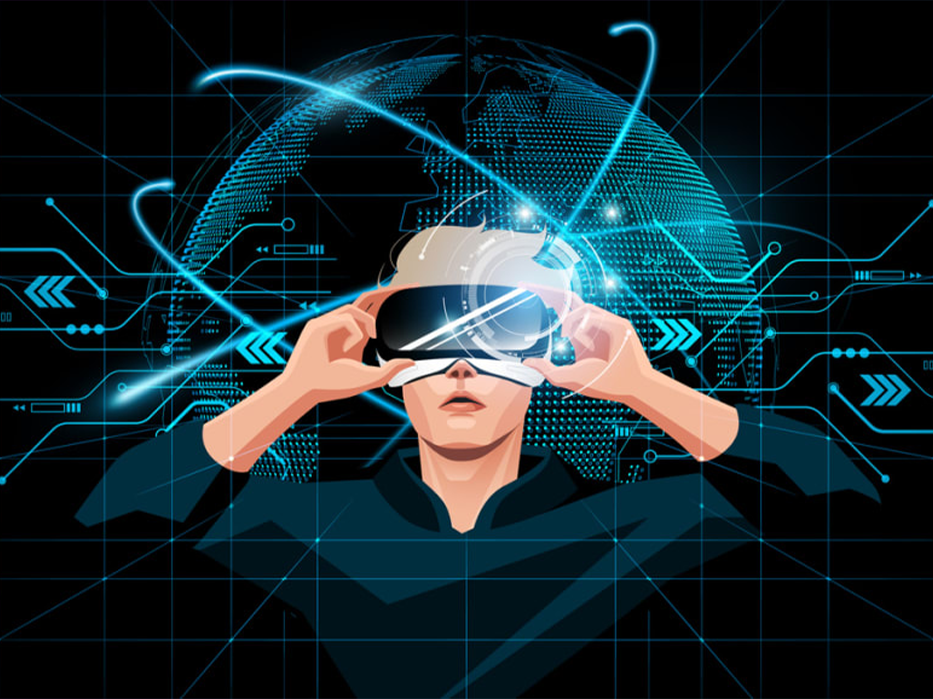Basics of Artificial Intelligence
Artificial Intelligence (AI) refers to the ability of machines to exhibit human-like intelligence, enabling them to perform tasks that typically require human cognition such as learning, problem-solving, decision-making, and language understanding. AI systems are designed to perceive their environment, reason about the information, and take actions to achieve specific goals.
Types of AI
1. Narrow AI (Weak AI):
- Narrow AI is designed to perform a specific task or a narrow range of tasks.
- Examples include voice assistants (e.g., Siri, Alexa), image recognition software, and recommendation systems.
2. General AI (Strong AI):
- General AI refers to AI systems that exhibit human-like intelligence and can perform any intellectual task that a human can do.
- Achieving true General AI remains a long-term goal and is currently the subject of theoretical research.
3. Superintelligence:
- Superintelligence refers to AI that surpasses human intelligence in virtually all areas, potentially leading to significant societal and ethical implications.
Key Concepts in AI
1. Machine Learning (ML):
- Machine Learning is a subset of AI that enables systems to automatically learn and improve from experience without being explicitly programmed.
- It involves algorithms that iteratively learn from data, identify patterns, and make decisions or predictions.
2. Deep Learning:
- Deep Learning is a specialized form of machine learning that uses neural networks with many layers (deep neural networks) to learn representations of data.
- It has significantly advanced fields such as computer vision, natural language processing (NLP), and speech recognition.
Applications of Artificial Intelligence
AI technologies have found applications across various sectors, transforming industries and enhancing capabilities in diverse areas:
Industry and Automation
1. Manufacturing:
- AI-powered robots and automation systems optimize production processes, improve quality control, and reduce operational costs.
2. Logistics and Supply Chain Management:
- AI algorithms optimize supply chain networks, predict demand, and streamline logistics operations for efficiency.
3. Finance:
- AI is used for fraud detection, algorithmic trading, personalized banking services, and credit scoring.
Healthcare
1. Medical Imaging:
- AI algorithms analyze medical images (e.g., X-rays, MRIs) to assist radiologists in diagnosing diseases accurately and efficiently.
2. Drug Discovery:
- AI accelerates the drug discovery process by predicting molecular interactions, identifying potential drug candidates, and optimizing clinical trials.
3. Personalized Medicine:
- AI analyzes patient data to personalize treatment plans, predict outcomes, and recommend tailored therapies based on individual genetic profiles.
Natural Language Processing (NLP)
1. Language Translation:
- AI-powered translation tools facilitate communication across languages, improving accessibility to information globally.
2. Virtual Assistants:
- Chatbots and virtual agents use NLP to understand and respond to human queries, enhancing customer service and user interaction.
Autonomous Systems
1. Self-Driving Cars:
- AI enables autonomous vehicles to perceive their environment, make real-time decisions, and navigate safely without human intervention.
2. Drones:
- AI-powered drones are used for surveillance, delivery services, agriculture (e.g., crop monitoring), and disaster response.
Entertainment and Gaming
1. Recommendation Systems:
- AI algorithms analyze user preferences and behaviors to provide personalized content recommendations in streaming platforms, e-commerce, and social media.
2. Game AI:
- AI designs intelligent behaviors for non-player characters (NPCs) in video games, enhancing gameplay experiences and creating challenging opponents.
Ethical Considerations and Challenges
As AI technologies continue to advance, several ethical considerations and challenges have emerged:
1. Ethical Issues:
- Concerns about job displacement due to automation and AI-driven productivity gains.
- Bias in AI algorithms that reflect societal biases present in training data, leading to unfair treatment or decisions.
2. Privacy and Security:
- Risks associated with the collection and use of personal data by AI systems, necessitating robust privacy policies and cybersecurity measures.
3. Transparency and Accountability:
- Challenges in understanding AI decision-making processes (e.g., in deep learning models) and ensuring accountability for AI-driven decisions.
Regulatory and Societal Implications
1. Regulatory Frameworks:
- Developing regulations and standards to govern the ethical development, deployment, and use of AI technologies across different sectors.
2. Impact on Employment:
- Addressing the potential impact of AI on jobs and the workforce, including retraining initiatives and policies to mitigate job displacement.
3. Safety and Reliability:
- Ensuring AI systems are safe, reliable, and robust against adversarial attacks or unintended consequences in critical applications (e.g., healthcare, autonomous vehicles).
Future Trends in Artificial Intelligence
1. Advancements in AI Technologies:
- Continued progress in deep learning, reinforcement learning, and natural language processing (NLP), driving innovation in AI applications.
2. Human-AI Collaboration:
- Integrating AI systems with human decision-making processes to augment capabilities in fields such as healthcare diagnosis and scientific research.
3. Ethical AI Development:
- Emphasis on developing AI systems that align with human values, promote fairness, transparency, and accountability.
4. AI in Emerging Technologies:
- Exploration of AI applications in emerging technologies such as quantum computing, robotics, and biotechnology, leading to new breakthroughs and capabilities.
Conclusion
Artificial Intelligence is poised to reshape industries, revolutionize healthcare, enhance personalization in services, and drive technological advancements across various domains. However, it also presents complex challenges that require thoughtful consideration of ethical implications, regulatory frameworks, and societal impacts. Understanding the basics of AI and its diverse applications is essential for navigating its transformative potential and ensuring responsible development and deployment in the future.





